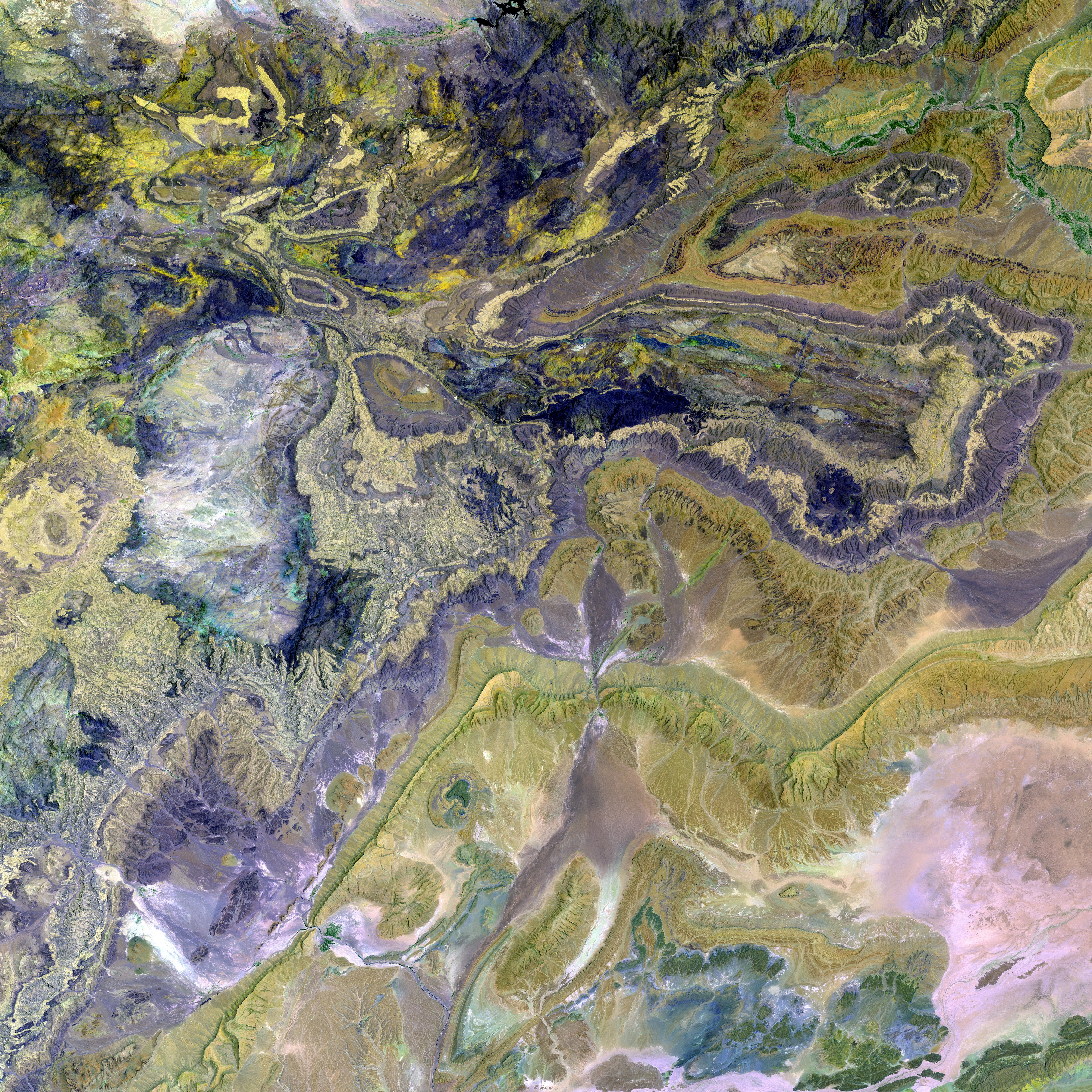Kazakhstan seeking complete nuclear capability
Kazakhstan Moves Forward with Nuclear Energy Projects
Following a referendum last year, the Kazakh government is expediting plans to construct at least two nuclear reactors, with President Kassym-Jomart Tokayev aiming to establish a "nuclear cluster" to support economic growth.
Prime Minister Olzhas Bektenov announced in a report by Vlast.kz that the government is hoping to finalize an agreement for the construction of an initial nuclear plant in the Almaty region in the near future. Preliminary work is underway to identify a second site for a nuclear plant, Bektenov added during a January 28 government session.
In a policy speech on January 28, Tokayev emphasized the necessity of constructing more nuclear power plants to sustain economic growth, stating, "We need to effectively use our natural wealth and natural advantages." The president expressed concerns about the country's heavy reliance on coal-fired power plants and emphasized the need to reduce carbon emissions.
The construction of the nuclear power plants remains a contentious issue, with many Kazakhs concerned about potential safety risks. While a majority approved the referendum question on the construction of a nuclear power plant last autumn, the question of who will build the envisioned plants remains unresolved. It is widely anticipated that Rosatom, Russia’s state nuclear corporation, may be a leading candidate for future reactor contracts due to existing ties and Kazakhstan's historical reliance on Russian nuclear technology and expertise.
However, public concern over Rosatom's safety record persists. While the company operates numerous reactors globally and highlights its adherence to international safety standards, some observers and NGOs have raised concerns over transparency, outdated reactor designs, and incidents at Russian-managed facilities in other countries. No specific major accidents linked to Rosatom-built plants have been reported in recent years.
The Kazakh government has taken steps to address safety concerns by establishing a new Atomic Energy Agency directly subordinate to the president. The agency will be responsible for radiation safety, nuclear technology regulation, and managing the legacy of the Semipalatinsk nuclear test site.
Bektenov also announced on January 28 the launch of a fracking project to extract shale oil in Kazakhstan, with initial estimates predicting a potential production total of roughly 800 million tons in oil equivalent. This project is expected to create additional incentives for investment in the oil and gas industry.
- Despite concerns about potential safety risks, the Kazakh government continues to move forward with nuclear energy projects, aiming to construct at least two reactors and establish a "nuclear cluster" as part of a broader economic growth strategy.
- As the government finalizes agreements for the construction of initial nuclear plants in the Almaty region and identifies a second site, they also acknowledge the necessity of adhering to strict safety standards, especially given Rosatom's role as a potential builder and its history of nuclear technology expertise.
- In addition to nuclear energy projects, the Kazakh government is also pursuing other energy sources, such as fracking to extract shale oil, with the hope of attracting further investment in the oil and gas industry and diversifying the national energy mix.







